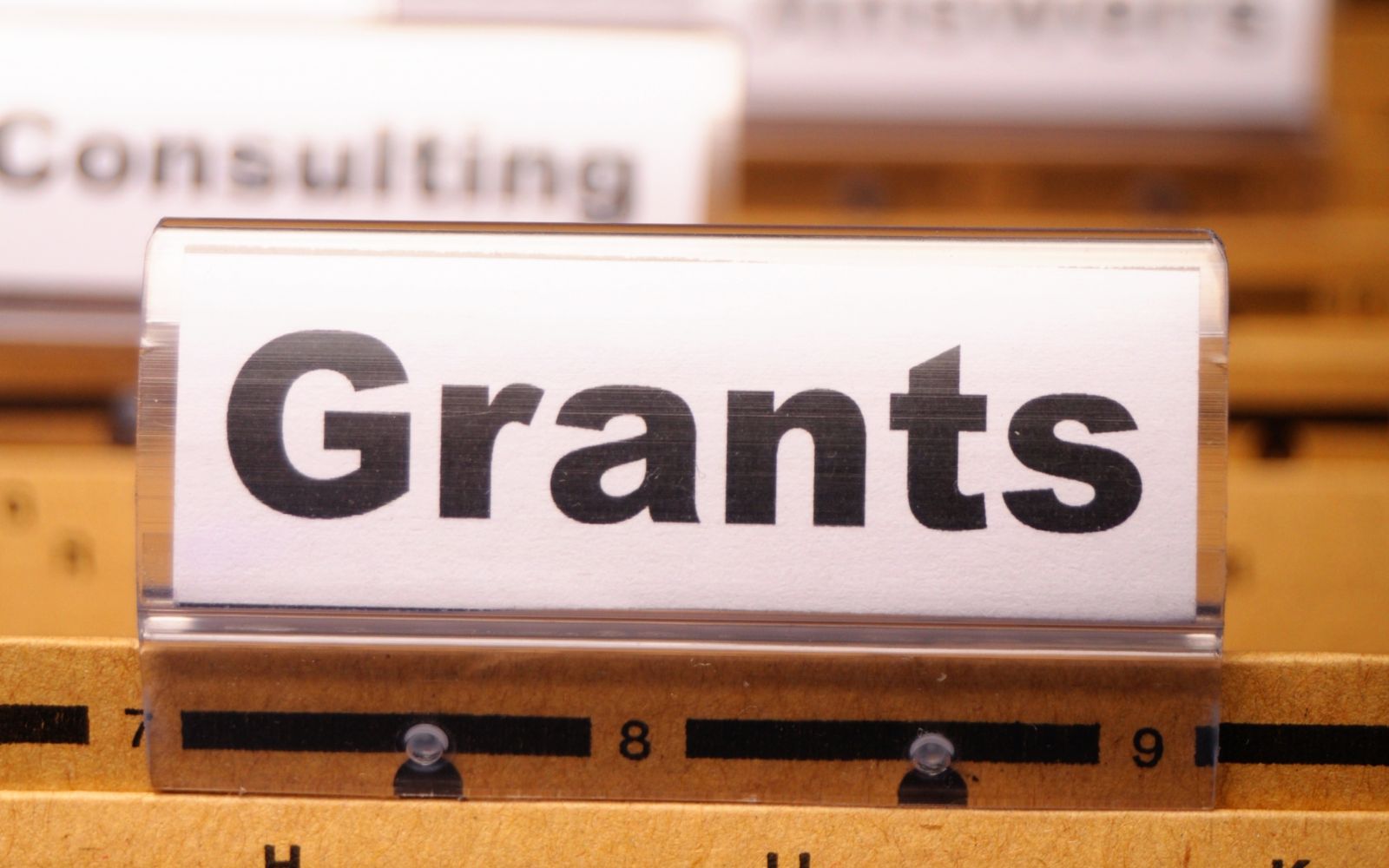EIS – does your company qualify as Knowledge-Intensive?

EIS is a government-approved scheme that encourages investment in early-stage companies by reducing the risk in a form of tax relief. Many innovative start-ups qualify as Knowledge-Intensive without even realising and that allows them to get even more funding with investor tax relief than other types of companies.
Based on Gov.uk, you qualify as a Knowledge-Intensive company if you are carrying out research, development, or innovation at the time that you are issuing shares as follows:
| Operating costs conditions | Innovation condition | Skilled employee condition | ||
| Meets one or both of the following: (1) In any one or more of the three previous years at least 15% of the relevant operating costs [*] was spent on research, development or innovation; or (2) In each of the previous three years at least 10% of the relevant operating costs [*] was spent on research, development or innovation. | Plus | Meets both of the following: (1) The company (or a subsidiary company within the group) is engaged in intellectual property creation at the date of issue; and (2) It is reasonable to assume that in 10 years the exploitation or utilisation of the intellectual property will form the greater part of the company’s business (or the business of the group taken together). [**] | And/or | At least 20% of the full-time equivalent employees are ‘skilled employees’. ‘Skilled employees’ are those with a master’s degree or above who are engaged directly in research, development or innovation activities. |
** companies in early stages of development may find it difficult to show that this condition will be met. HMRC suggests that a written report by an independent expert will be necessary, which Finerva can assist with.
What are the EIS benefits for Knowledge-Intensive companies (KICs)?
As a Knowledge-Intensive company, you can raise up to:
- £10m in EIS investment per year instead of £5m; and
- £20m in EIS investment in your company’s lifetime instead of £12m.
This includes money received from other venture capital schemes and state aid approved under the risk finance guidelines.
Furthermore, the limit per investor per tax year for Knowledge-Intensive companies is set at £2m, instead of £1m for regular companies. Also, Knowledge-Intensive companies can receive their investment within 10 years of their first commercial sales compared with the usual period of 7 years for other EIS-approved companies. If you have any subsidiaries, former subsidiaries, or businesses you’ve acquired, use the earliest date of the group.
Lastly, the regular EIS rules require companies to have no more than 250 full-time employees, but the threshold is doubled for Knowledge-Intensive companies (up to 500).
Can I apply as a Knowledge-Intensive company?
You can only apply as a Knowledge-Intensive company if:
- you need to raise more money than the usual scheme limits allow
- your company is older than the usual scheme limits allow
- your investor wants to make use of higher investor limits
You should apply as a Knowledge-Intensive company if your company is carrying out research, development or innovation at the time you issue shares and:
- it’s been less than 10 years since either of your:
- first commercial sale; or
- annual turnover reaching £200,000
- your proposed investment is over the limits of the scheme you want to apply for, and within the limits of how much a Knowledge-Intensive company can raise
- you meet the other conditions of EIS
Other EIS conditions
If you received investment in this period under any venture capital scheme or state aid approved under the risk finance guidelines, you can raise money for the same activity as long as you showed this intent in your original plan.
Find out more about EIS schemes and benefits in our other blog or get in touch and one of our experts will be able to advise you in more detail.
The information available on this page is of a general nature and is not intended to provide specific advice to any individuals or entities. We work hard to ensure this information is accurate at the time of publishing, although there is no guarantee that such information is accurate at the time you read this. We recommend individuals and companies seek professional advice on their circumstances and matters.




